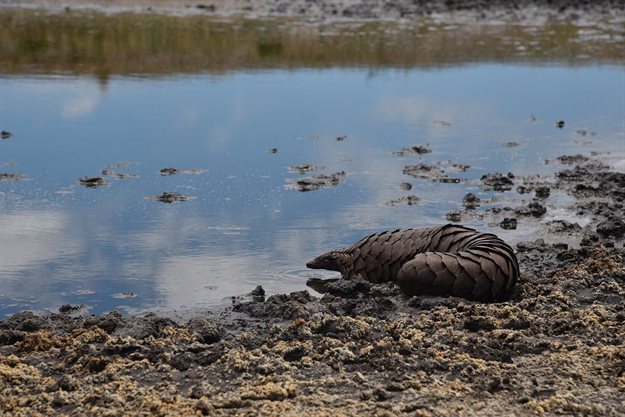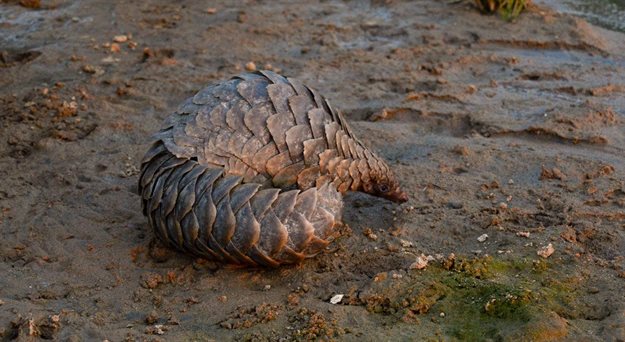
Top stories


LegalNigeria to implement new tax laws from January despite calls for delay, Tinubu says
Camillus Eboh 31 Dec 2025


Marketing & MediaStranger Things extends record run as all 5 seasons dominate Netflix Top 10
29 Dec 2025


Their partnership will comprise cross-continent cooperation, harnessing Tikki Hywood Foundation's specialised species knowledge and skills and African Parks' operational capacity in remote areas to rescue, rehabilitate and release trafficked or vulnerable animals into parks managed by African Parks in partnership with governments.
“Without collaborative action, this lesser-known and critically endangered animal will disappear forever in the face of a rampant illicit trade,” said African Parks CEO Peter Fearnhead. “In partnering with the respected Tikki Hywood Foundation, we can take the rescue and rehabilitation of pangolins a step further – giving them adequate safe harbour in well-protected areas vital for their survival in their remaining African range.”
The Tikki Hywood Foundation, based in Zimbabwe, is a global authority on pangolins having worked with the mammals for 27 years, while African Parks manages 16 protected areas in 10 countries, many of which fall within pangolin range states. As part of their shared vision to conserve pangolins in Africa, this joint endeavor will facilitate training in best practices and procedures for pangolin rehabilitation, the provision of specialised support and the resources needed to scale capacity for the protection and wellbeing of rescued and orphaned pangolins across the continent.
“After having had the privilege of working with this enigmatic and highly threatened mammal for nearly three decades, it is becoming alarmingly apparent that we could lose pangolin as a species within our lifetime. Now more than ever it is important for restorative action such as the work undertaken by African Parks. We are incredibly excited about this partnership as a platform for far-reaching conservation of pangolins,” said Lisa Hywood, founder and CEO of Tikki Hywood Foundation.

Around 100,000 pangolins are taken from the wild in Africa and Asia each year for their scales and meat, driving a silent extinction. Populations have declined dramatically across the continent, with pockets of isolated wilderness areas retaining the last healthy populations. Well-managed parks in key range states and collective cooperation to ensure the implementation of sound policy are of paramount importance to securing a future for pangolins and countless other species.